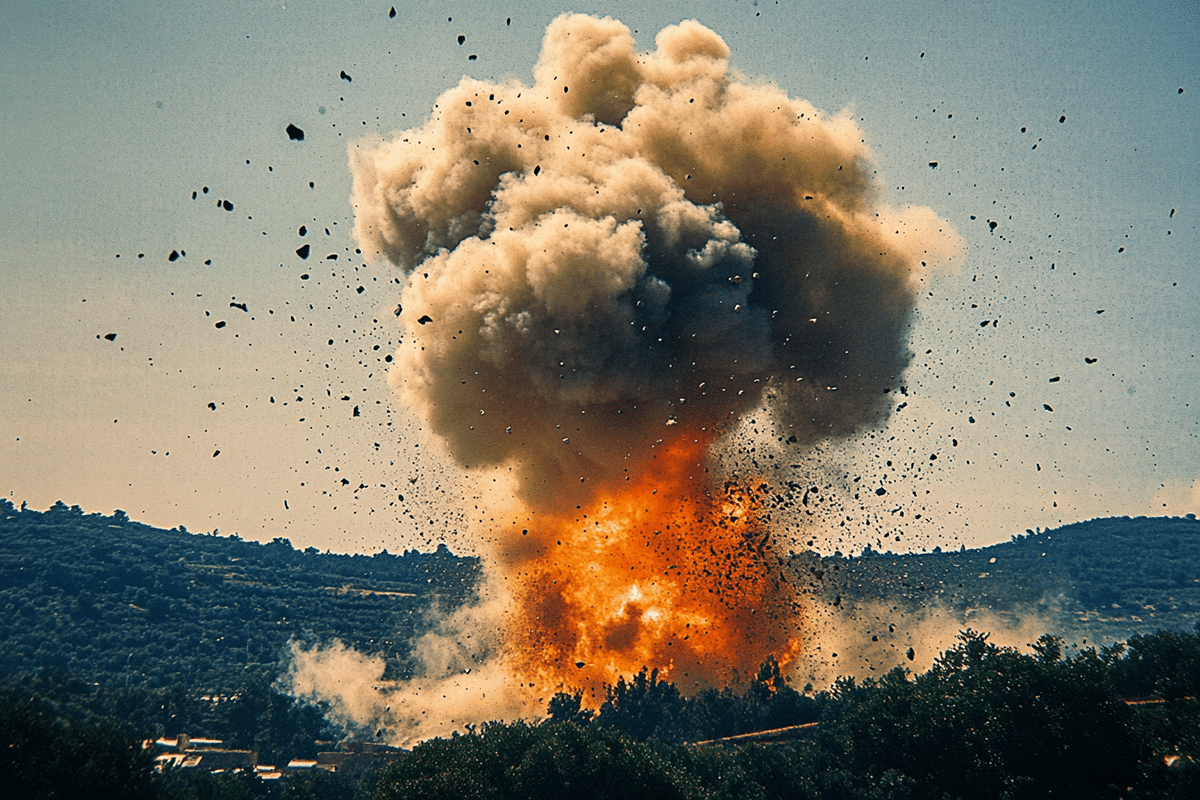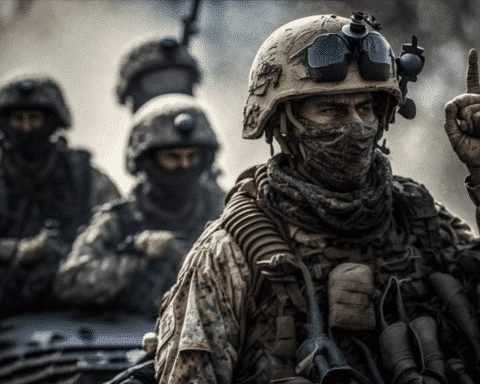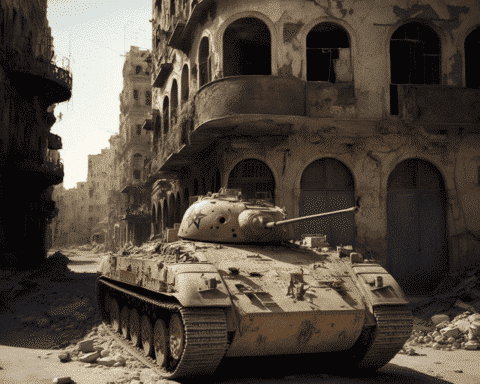Lebanon was rocked by a second wave of explosive attacks on Wednesday, as devices including walkie-talkies and solar equipment detonated in various parts of the country. This follows an earlier incident where pagers used by Hezbollah members were rigged with explosives, resulting in significant casualties. The recent wave of explosions claimed the lives of at least 14 people and left over 450 injured, according to Lebanon’s Health Ministry. These attacks have escalated fears of a broader conflict between Hezbollah and Israel.
The attacks, widely attributed to Israel’s military operations against Hezbollah, targeted areas in Beirut and southern Lebanon. Among the hardest-hit locations were civilian areas, sparking concern over the indiscriminate nature of the explosions. Wednesday’s attacks also included blasts at a funeral in Beirut for three Hezbollah members and a child killed the day before in the pager explosions. Additionally, explosions were reported in the coastal city of Sidon, damaging homes, shops, and vehicles.
While Hezbollah’s members are the primary targets of these attacks, the impact on civilians has been profound. Hundreds of civilians were caught in the blasts, with fatalities and injuries reported among bystanders in homes, grocery stores, and cafes. These attacks have intensified public anger and confusion, with many questioning the growing toll on non-combatants.
Health workers have also been severely affected by the explosions. In Tuesday’s pager bombings, two healthcare workers were among the 12 people killed. Doctors, nurses, and other personnel linked to Hezbollah’s civilian operations—such as charity workers and administrators—were among those carrying the compromised pagers. This widespread use of pagers within Hezbollah’s extensive civilian infrastructure has blurred the lines between military and civilian casualties.
As tensions continue to rise, Israel has bolstered its military presence along its northern border with Lebanon. Israeli officials have repeatedly warned that their operations against Hezbollah could intensify if the ongoing exchange of fire along the border does not cease. The Israeli Defense Minister, Yoav Gallant, stated that Israel is entering a new phase in its military campaign, signaling a shift in focus to the northern front. He acknowledged the ongoing operations and praised the effectiveness of the Israeli army and security agencies, though no direct mention of the exploding devices was made.
Since October 8, Hezbollah and Israel have been exchanging fire nearly daily. Hezbollah, backed by Iran, has been striking northern Israel in response to the Israel-Hamas conflict, which erupted following a deadly Hamas-led assault in southern Israel. Casualties continue to mount on both sides, with hundreds killed in Lebanon and dozens in Israel. The violence has displaced tens of thousands of people from both countries.
The attacks in Lebanon have drawn international concern, with the United Nations calling for an independent investigation into the incidents. There is widespread condemnation of the use of explosive devices in civilian areas, with legal experts emphasizing that weaponizing civilian objects, such as pagers, is prohibited under international law. Despite these concerns, little evidence has surfaced to explain how the devices were rigged, though many believe that Israel infiltrated the supply chain and manipulated the equipment before it entered Lebanon.
The situation remains tense, with further escalations likely. Hezbollah launched additional strikes on northern Israel after the explosions on Wednesday, intensifying the possibility of a larger-scale conflict. Israeli military officials have indicated that plans for further action against Hezbollah are under consideration, though a full-scale offensive has not yet been confirmed.
As Lebanon continues to mourn the victims of these attacks, Hezbollah’s leadership remains defiant. The group’s leader, Hassan Nasrallah, is expected to address the nation in the coming days, likely outlining Hezbollah’s response to the ongoing Israeli operations. Meanwhile, the international community watches closely, with U.S. officials assessing the impact of these attacks on efforts to mediate a ceasefire in the broader Israel-Hamas conflict.
With tensions escalating on both fronts, the risk of a wider regional conflict looms larger than ever.




